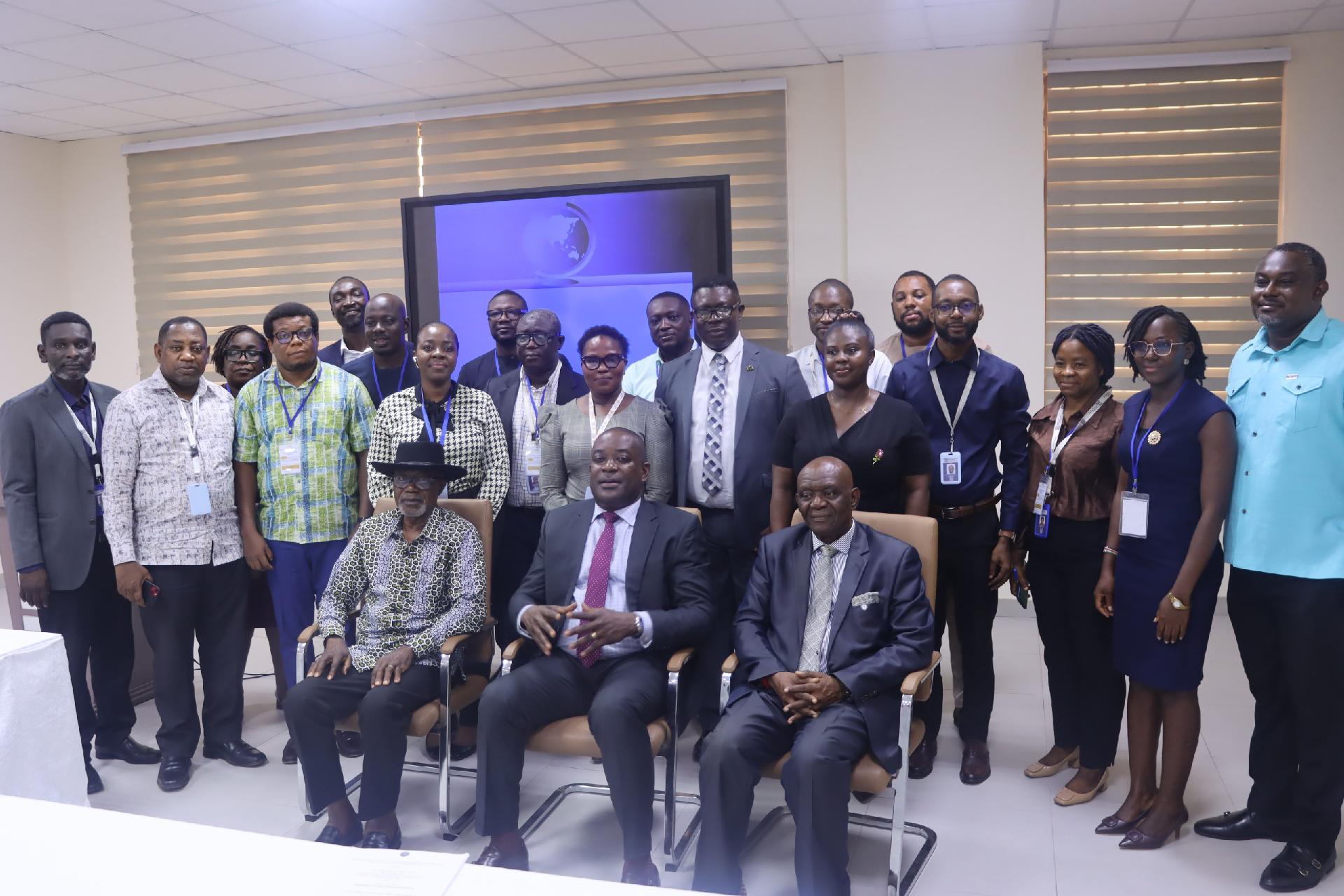The Ghana Tertiary Education Commission (GTEC) has formally introduced the country’s first national Open and Distance Learning (ODL) policy framework, aimed at regulating distance education delivery and strengthening its credibility within the tertiary education sector.
This landmark initiative comes in response to the proliferation of unapproved “mushroom centres” and rising concerns over quality assurance in higher education. The policy seeks to integrate ODL into the mainstream academic system while advancing access, equity, and innovation in tertiary learning.
Launch of the Framework
At the official launch in Accra, the Director-General of GTEC, Professor Ahmed
Abdulai Jinapor, stressed that distance learning should not be reduced to what
he described as “distancing education,” where institutions merely replicate
classroom teaching in improvised centres.
He revealed that the Commission had identified 149 distance learning centres operating in unsuitable facilities such as second-cycle schools, churches, and public buildings that did not meet approved standards. To address this, GTEC has issued a moratorium requiring such centres to phase out their operations and pursue proper accreditation for facilities that are fit for purpose.
According to Prof. Jinapor, the new policy establishes a comprehensive regulatory framework that will close existing gaps and ensure distance education evolves into a credible and transformative mode of learning across Ghana. He further underscored that the success of ODL would rely on strong collaboration among regulators, tertiary institutions, faculty, administrators, and quality assurance professionals.
“The policy embodies a collective responsibility,” he noted, adding, “Each of us has a role to play in ensuring that ODL is recognised as a credible, rigorous, and transformative pathway for teaching, learning, and research in Ghana.”
Goodwill Message
Delivering a goodwill message at the event, Nigerian Emeritus Professor of
Science Education and ODL pioneer, Prof. Olugbemiro Jegede, praised GTEC for
what he described as a bold and progressive step. He noted that many countries,
including Nigeria, continue to struggle with the regulation of mushrooming
distance learning providers that undermine the credibility of higher education.
While acknowledging the challenge posed by fake centres, Prof. Jegede also highlighted that their presence indicates a strong public demand for education. He recommended that Ghana adopt a balanced strategy—ensuring strict regulation while creating space for credible institutions to thrive.
Referencing global examples, he emphasised that ODL is not a “second-rate option” but a mainstream model in advanced institutions, citing world-class universities such as Oxford, Stanford, and Harvard, where distance learning forms an integral part of academic delivery.

